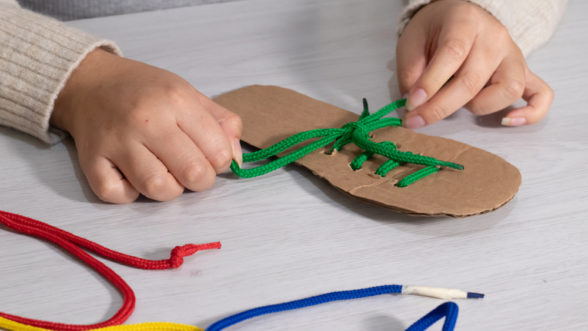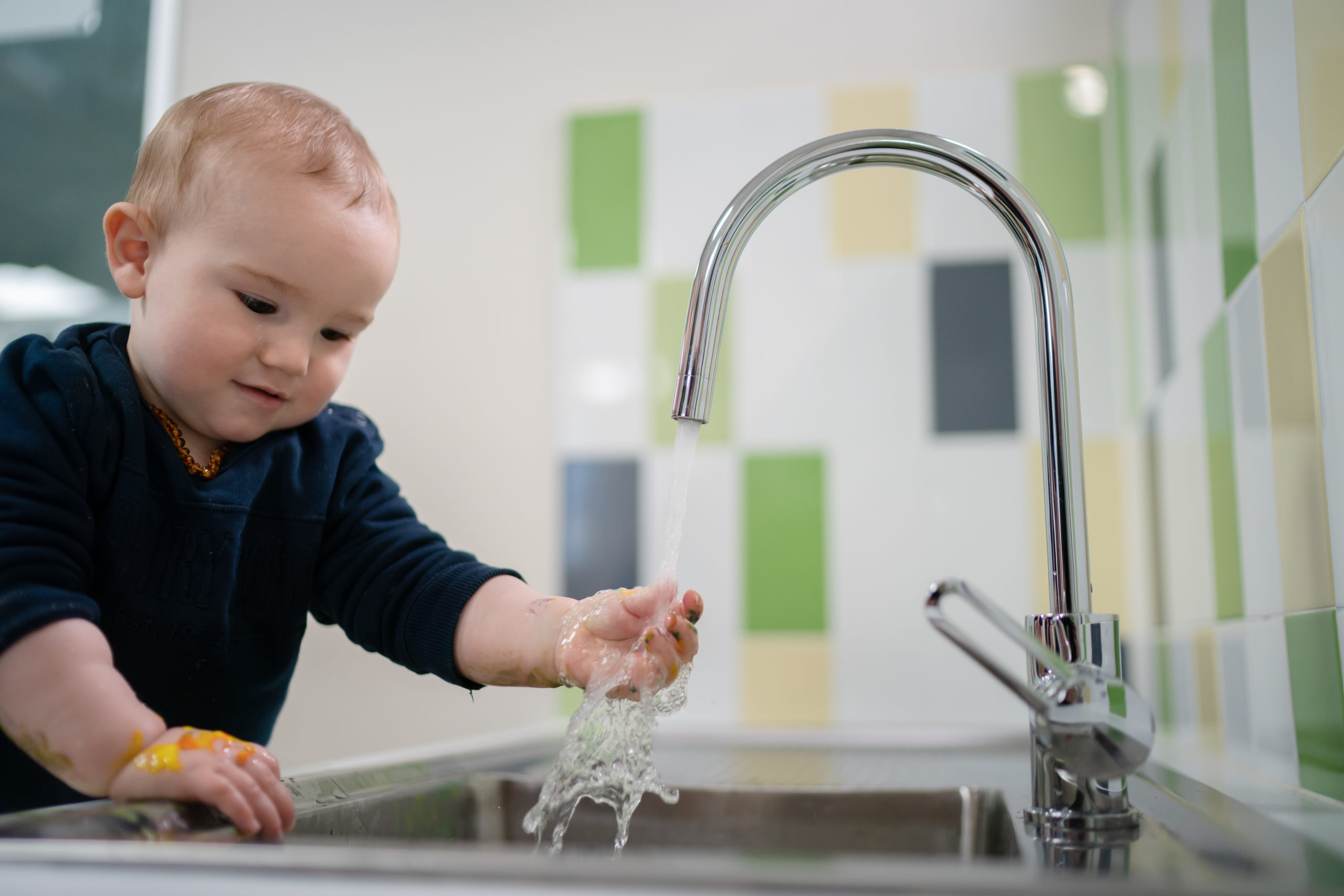Hygiene is top of mind for most of us adults, but when it comes to children, good hygiene habits doesn’t always come naturally. Here are our top tips for teaching your children about hygiene. Whether you’re avoiding sickness or hoping not to pass it onto someone else, hygiene is an important part of our daily routine. But any parent can tell you that children are definitely not born with hygiene know-how – it’s a skill that requires teaching (and a lot of patience).
Here are five important hygiene lessons to teach your children, and some fun ways to do it.
Washing their hands
Washing your hands is Hygiene 101, but there is certainly a way to do it properly – and, spoiler alert: it probably isn’t the way you usually do it. Not only should you scrub your hands with soap for at least 20 seconds (the duration of nursery rhymes like ‘Mary Had a Little Lamb,’ ‘If You’re Happy and You Know it,’ and ‘The Alphabet Song’) but you should thoroughly scrub between all of your fingers and up to your wrists. When you’re finished, use a clean towel to dry them thoroughly. This video from The Wiggles will help illustrate the importance of hand washing to your children.
Coughing and sneezing
There are few better ways to spread germs than through coughing and sneezing – these actions send the germs airborne, potentially making others around you sick. As such, you should ensure your children know to cough and sneeze into their elbows instead of into the air or into their hands (which can transfer the germs to any given surface). This video from PlayKids is a great resource.
Bathing
Beyond preventing the spread of sickness, good hygiene habits are important for your children to grow up with – particularly when they enter their teenage years. From being mindful about washing their face to cleaning the forgotten areas (under their arms, behind their ears and their feet), there are a number of lessons you can teach your children as they bathe. Use every bath or shower as an opportunity to ingrain fundamental lessons about hygiene. We love this video to help get the message across.
Touching their face
Not touching your face isn’t just an ideal way to prevent pimples – it’s an important way to prevent the spread of germs, too. But stopping is easier said than done, particularly when most people (adults and children alike) don’t even realise they’re doing it. According to this video by the BBC, the best way to stop your children from touching their faces is to lead by example which, we know, is easier said than done!
Respecting others
Children and ‘respecting personal space’ aren’t two things that go hand in hand. But ensuring our children understand how to respect other people’s personal space is key in the era of social distancing, and is another skill that can be taught by example – and, with this handy video.
Beyond simply respecting people’s personal space, your children should also learn to respect other people’s right to good hygiene (by doing everything in their power to prevent the spread of germs). By learning these five hygiene habits, your children will be well on their way to becoming respectful, hygiene-conscious adults.

